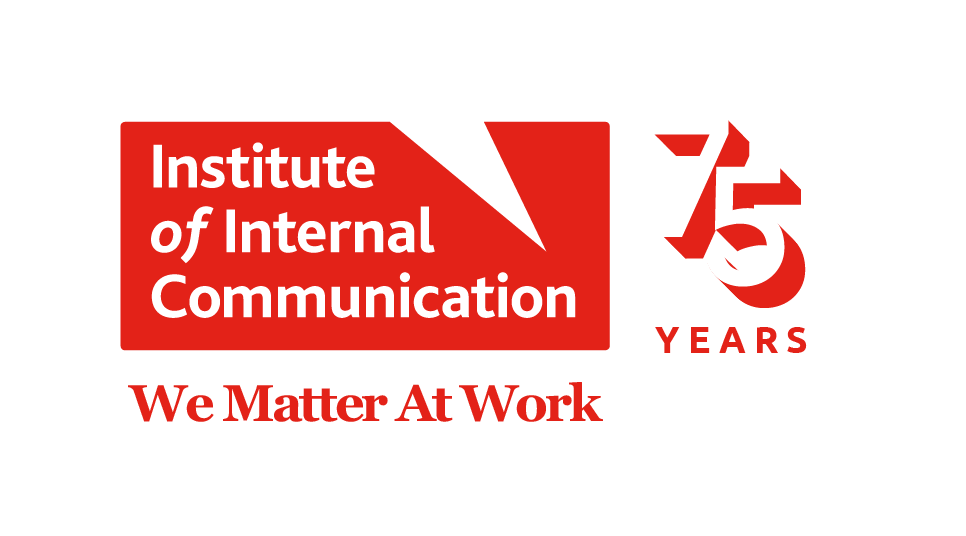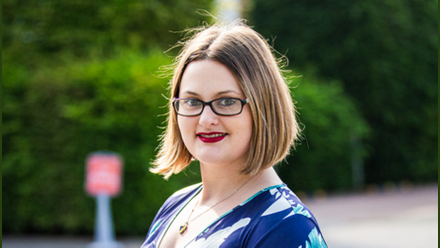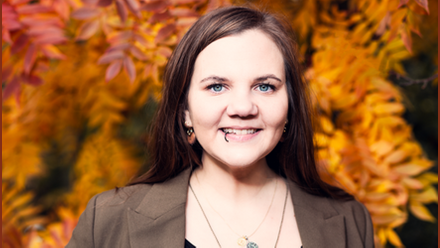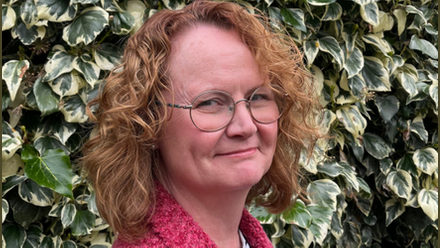The studies that powered internal communicators' careers

I studied economics. Along the way, I became interested in behavioural economics, which focuses on how people make decisions and methods for helping design interventions that better deliver desired outcomes. It’s come in extremely handy over the years.
Martin Fitzpatrick, employee communications and engagement director, Europe and Latin America, Ericsson
My degree is in microbiology.Studying science is all about being curious, asking questions and being able to explain complex things in simple language – all important skills to have in the world of comms!
Jacqueline Ryan, senior manager – corporate communications, Coca-Cola Europacific Partners
History, which, more by luck than judgement, I have found a useful foundation for internal communication. First, it gives insight into what influences people and their behaviour; second, it looks at what makes leadership effective or not; and third, it helps form arguments and express them clearly.
Dominic Walters, leadership communication consultant
No degree here. I did on-the-job learning, resulting in an NCTJ – remember those? – qualification in writing for the periodical press. I worked in features for magazines for a while, which gave me a good nose for a story, as well as resilience and a grounding in getting to the point. Then I headed into PR. When I missed telling stories and learning about people, I landed on internal comms. I went on to get my diploma in IC in 2014.
Sam Boniface, internal communications lead, Teenage Cancer Trust

Advertising and Spanish. Advertising taught me the creative skills to be a communicator, how to take feedback well, how to defend my work, and how to be clear and concise. But Spanish taught me about communicating with empathy, communicating across cultures, and a general respect for others, even if you don’t understand their perspective.
Savannah Riese, employee content specialist, Dot Foods
Graphic design/marketing. I’ve found the visual communication discipline even more helpful as we face into the UK’s “harder working” workforce. The attention economy is not just an external marketing challenge, it’s an internal one too.
Scott Forster, head of brand and communications, Intrum
BA in drama studies. I studied acting, dance and music outside this too. The acting/drama experience has definitely helped me when it comes to presenting and hosting events, and handling difficult conversations!
Laura Wager, head of internal communications, Royal College of Nursing
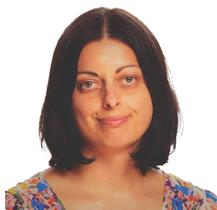
I studied International business and French and then did an MSc in Strategic Management. Business studies has given me a solid commercial acumen, understanding of financials, and language study has helped with my intercultural understanding and my knowledge of language composition for writing and content creation.
Sally Jackson, senior manager, content and channels colleague communications, National Grid
Journalism. It helped in obvious comms and creative ways, but mainly in developing news sense, storytelling and knowing the right questions to ask. Plus, working under pressure, speed, ensuring accuracy and truth... The list goes on.
Ashley Scrace Wendel, communications partner, IKEA
While my BA and MA in Chinese and East Asian Studies would seem disconnected from IC, that background has taught me how to serve diverse audiences, understand the challenges caused by excessive jargon or idioms, and most importantly, write and analyse quickly and succinctly.
Jocelyn Flint, senior people communications and knowledge manager, GoGuardian
